The Hidden Facts & Nutritions
Edible Bird’s Nest (EBN) is one of the most popular delicacies among the Chinese communities due to its valuable nutritional components and health-promoting effects. Most of the people in the Southeast Asia region consume EBN as a delicious and nutritious food.
Nature has gifted the edible bird’s nest with high value nutritional components. The findings regarding the ingredients of edible bird’s nest, some called it as the Chinese bird’s nest, fully justify it as a prized delicacy and effective medicine according to Chinese community.
Total Composition of EBN (in percent proximate analysis)
Moisture (7.5 – 12.9)
Ash (2.1 – 7.3)
Fat (0.14 – 1.28)
Proteins (42 – 63)
Carbohydrates (10.63 – 27.26)
Total Nitrogen (25.62 – 27.26)
Amino Acid Composition of EBN (in Molar percent)
Aspartic acid + asparagine (2.8 – 10.0)
Threonine (2.7 – 5.3)
Serine (2.8 – 15.9)
Glutamic acid + glutamine (2.9 – 7.0)
Glycine (1.2 – 5.9)
Alanine (0.6 – 4.7)
Valine (1.9 – 11.1)
Methionine (0 – 0.8)
Isoleucine (1.2 – 10.7)
Leucine (2.6 – 3.8)
Tyrosine (2.0 – 10.1)
Phenylalanine (1.8 – 6.8)
Lysine (1.4 – 3.5)
Histidine (1.0 – 3.3)
Arginine (1.4 – 6.1)
Tryptophan (0.02 – 0.08)
Cysteine (2.44)
Proline (2.0 – 3.5)
Fatty Acid (% analysis) / Triacyl Glycerol (% analysis) and Vitamin (mg/100gr) Composition of EBN
Palmitric C16:0 (23-26)
Steric C18:0 (26-29)
Linoleic C18:1 (22)
Linolenic C18:2 (26)
PPO (14-16)
OOL (13-15)
PLn Ln (18-19)
Monoglycerides (27-31)
Diglycerides (21-26)
Vitamin A (0.0771 – 0.912)
Vitamin D (0.15 – 3.19)
Vitamin C (0.12 – 29.30)
Mineral composition of EBN (measured in ppm)
Sodium (330-20,554)
Potassium (110-2645)
Calcium (798-14,850)
Magnesium (330-2980)
Phosphorus (40-1080)
Iron (30-1860)
Sulphur (6244-8840)
Manganese (3.58-122.10)
Zinc (19.95-72.40)
Copper (4.68-110.65)
Molybdenum (0-0.94)
Cobalt (0-0.63)
Nickel (0-0.47)
Vanadium (0.03-2.84)
Chromium (0-7.45)
Regular consumption of EBN as a tonic helps high-spirited physical and mental strength in addition to youthfulness restoration. Besides, it improves skin complexion and slowing down the aging process.
Proteins form a considerable fraction of the composition of EBN. These help in the building and repair of body cells and tissues, and driving other metabolic functions. Carbohydrates form another major portion of the composition of EBN with sialic acid as one of the major carbohydrates. Sialic acid has been known for mediating the distribution and structure of gagliosides in brain. Exogenous supplies of sialic acid enhance the neurological and intellectual processes in infants. Thus, sialic acid in EBN enhances the intellectual and mental development, however, its nutritional and biological mechanisms in human body are not fully known yet.
Essential trace elements such as phosphorus, calcium, sodium, iron, potassium, iodine, and essential amino acids are some main and major ingredients in EBN. In response to these facts, EBN acts as a highly nutritive and restorative food with sweet and calm character, and can be consumed by all age groups of all genders.
The frequent consumption of EBN by ladies makes their complexion fairer, and gives them radiant look. Additionally, during the periods of pregnancy in women, consuming edible bird’s nest help to improve immunity of fetus and helps in easy recovery from debilitation after child birth.
The health effects of EBN in elderly people include strengthening of lungs and kidneys, phlegm clearance, fortifying of spleen and enhancing appetite. EBN helps to boost immunity in children. It is quite noteworthy that EBN extracts contain anti-common flu properties and, therefore, EBN may be regarded as a safe and natural source of proteins for the prevention of influenza.
Overall, EBN is a complete food enriched with a diverse pool of proteins, lipids, amino acids, carbohydrates, minerals and vitamins. This food either as bird’s nest soup or in the form of beverages has got exciting health value as well as nutritional benefits. Chinese people have known about the secrets of edible bird’s nest many years ago, would you give it a try? Feel free to write your comments below.


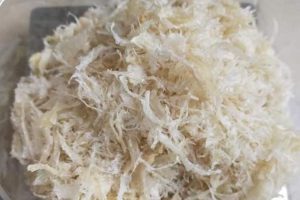
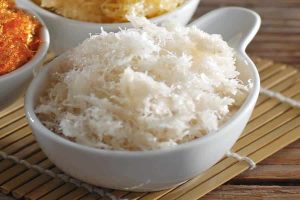
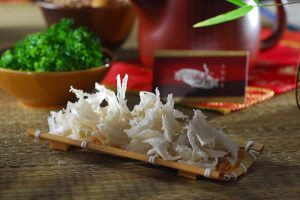
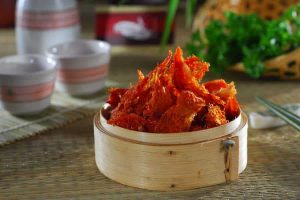
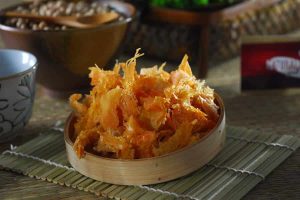










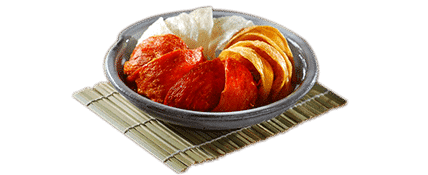

I am a Chinese, my parents and I have been consuming birdsnest for generations. I recommend everyone to at least consume birdsnest at least once a week to maintain health.
Thanks for stopping by Wendy. Yes indeed, we also believe one should consume bird’s nest to maintain health and overall beings.